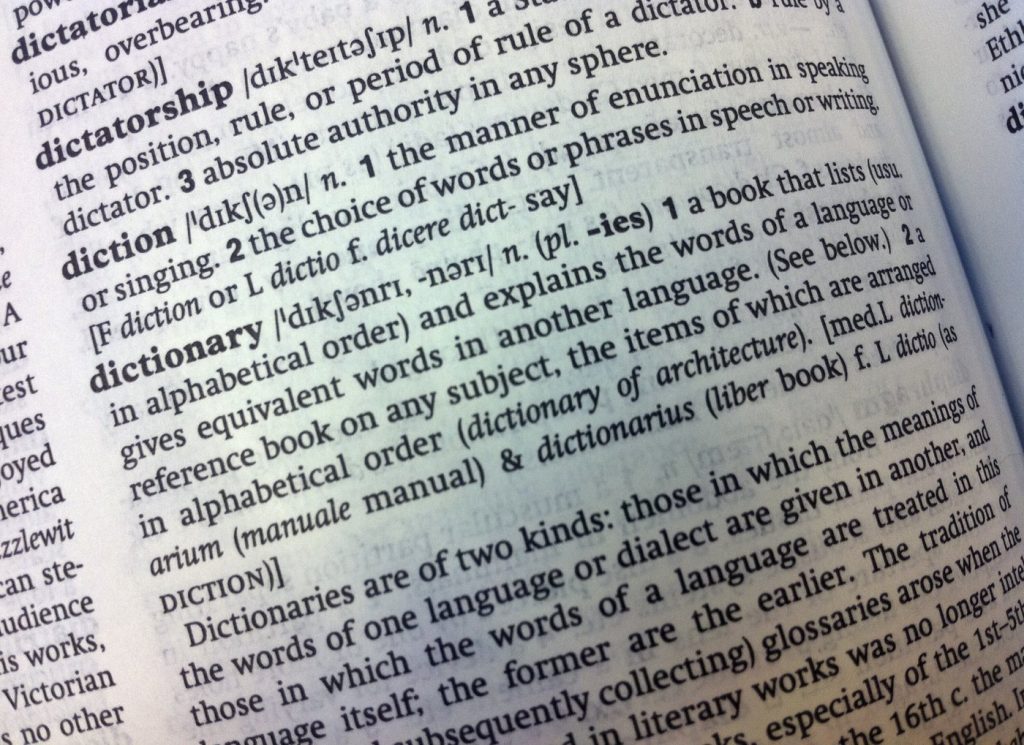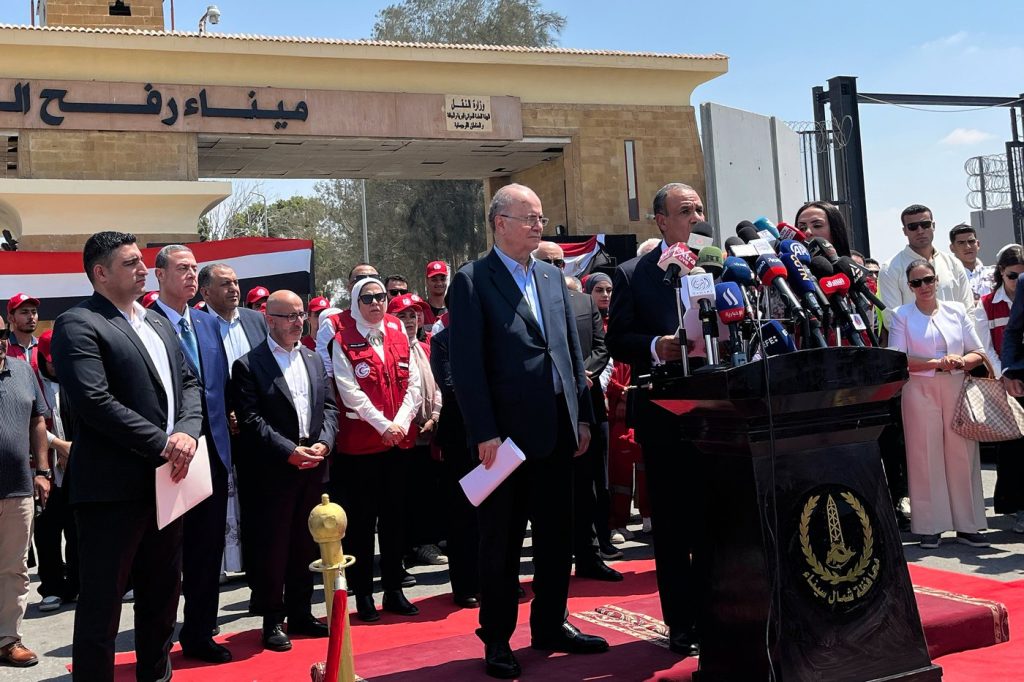LONDON (AP) — The evolution of the English language is currently witnessing significant changes, particularly influenced by social media. Among the notable updates this year is the inclusion of over 6,000 new slang terms in the Cambridge Dictionary. One such term is "skibidi," pronounced SKIH-bih-dee, which has emerged from internet culture and has various meanings including "cool" or "bad," and can also be used humorously without a specific meaning.
Colin McIntosh, the lexical program manager at Cambridge Dictionary, emphasized that the shift in language caused by internet culture is remarkable to observe. He noted that "skibidi" originated from an animated YouTube series and reflects how digital platforms shape communication. Other recently added words include "tradwife," a shorthand description of a "traditional wife" who typically embodies domestic roles and shares her life on social media, and "delulu," a colloquial version of "delusional," defining someone who holds beliefs contrary to reality, often by choice.
According to Christian Ilbury, a senior lecturer in sociolinguistics at the University of Edinburgh, many of these new words have historical roots. They have been utilized by various speech communities for years but are gaining traction mostly due to the popularity of social media platforms like TikTok, which are now the primary communication tools for younger generations. Ilbury pointed out that the increase in visibility and engagement with these words is what contributes to their rise in popularity.
The COVID-19 pandemic has also prompted changes in language, as seen with the term "mouse jiggler," which describes a device or software that creates the illusion of productivity when someone is not actually working. Environmental discourse has introduced the term "forever chemical," which refers to harmful substances that persist in the environment over extended periods.
The Cambridge Dictionary employs the Cambridge English Corpus, a substantial database of over 2 billion words from both spoken and written English, to track the usage of new words across different demographics and contexts. According to McIntosh, the dictionary is committed to documenting language as it evolves, stating that its purpose is to provide a public record of language use. Hence, terms like "skibidi" and "delulu" are recognized and incorporated into the lexicon when they reflect genuine usage trends among the public.
However, McIntosh also emphasized that only words with "staying power" are included in the dictionary, ensuring that it reflects established trends rather than fleeting fads. The dynamic nature of language and the influence of digital communication continue to play a crucial role in shaping modern English.












